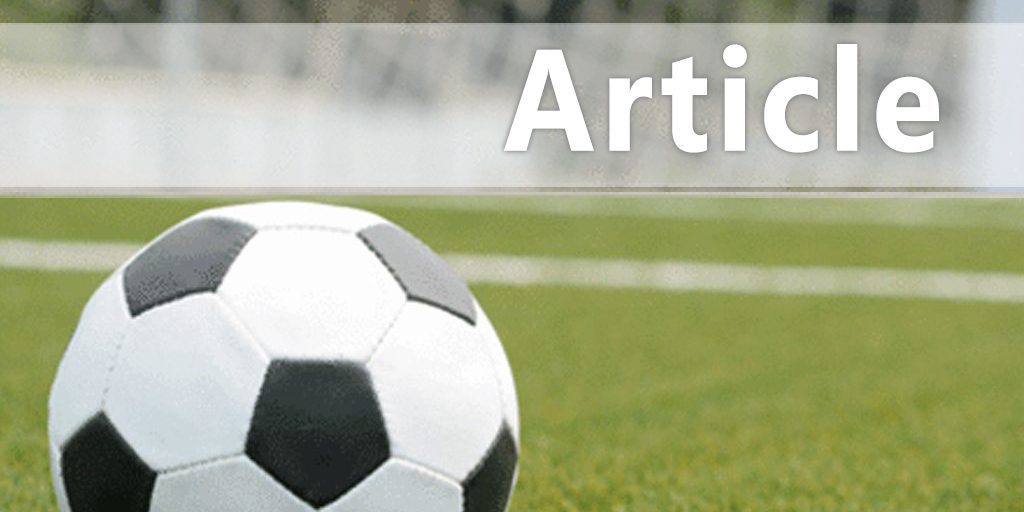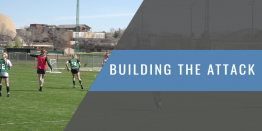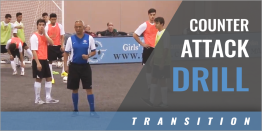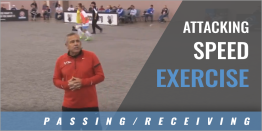| Coach-Ability –What Is It, and Do I Have It?
By Frank Carrozza, Women's Coach, King's College, Wilkes-Barre, Pa.
Coach-ability is a player's capacity for listening to constructive criticism and accepting that criticism and other suggestions, then using them as pinpoints to improve to the next level. Coach-ability is the willingness to learn, accept mistakes and block out the concept of being stubborn. Coaches often encounter athletes who are highly skilled and looking to play in college. They are raw, athletic and hungry to play the game. The aspect that makes or breaks the deal in recruiting is whether these athletes are willing to swallow their pride and accept feedback. The athletes that recognize that the purpose of the feedback is to make them better players are the ones to whom college coaches are attracted. The athletes that react negatively are the one college coaches tend to pass on. Productive Thinking means that athletes choose to respond, as opposed to simply reacting. Reacting usually involves "hot thoughts," or thinking that is emotionally driven and counterproductive (Ellis & Harper, 1997). Responding represents "cool thinking," which is relatively calm, less biased and more reflective than hot thoughts. Reactive Thinking occurs because athletes allow the competitive environment to control them, while responding involves the important step of using mental skill to interpret and manage the competitive environment in advantageous ways (Vealey, 2005). With the difference between responding and reacting established, players can do a self-assessment of how much coach-ability they possess. I strongly believe that with age and experience comes a higher level of coach-ability; although, that being said, we now know as coaches what we should target when working with youth teams and youth player development. If we can increase a youth player's level of coach-ability think how much further we can take that player and our team once they get to us at the college level. Not only have we helped our players, team and program, but we have also helped to aid in the growth and development of soccer in the United States. Let's pay closer attention to coach-ability, not only liar players, but also for coaches. Just like their athletes, coaches need to be open to criticism, direct or indirect, to learning new things, and to adjusting already established concepts. Teach, learn and continue to grow players and coaches in this wonderful game. Increasing your level of coach-ability may increase your level of performance, earn you a roster spot or a starting role and further your education within the sport. |
|
|






